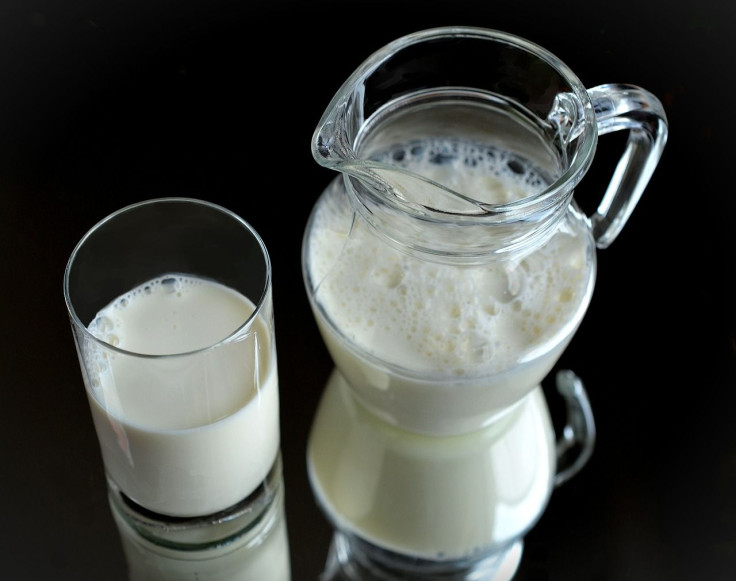Dangers Of Drinking Raw Milk: Unpasteurized Products Cause 840 Times More Illnesses Than Their Counterparts

For years, health experts and government agencies have warned consumers against consuming unpasteurized products. Now, new research emphasizes just how dangerous drinking raw milk can be.
A study, scheduled to be published in Emerging Infectious Diseases, showed that in the United States, unpasteurized products cause 840 times more illnesses and 45 times more hospitalizations than pasteurized products.
Read: What Is Raw Milk? Health Officials Issue Warning After At Least 20 People Sickened
Despite unpasteurized products being consumed by a very small number of Americans — about 3.2 percent drink unpasterurized milk, and 1.6 percent eat unpasteurized cheese — these food and drink contribute to nearly all of the dairy consumption illnesses in the United States every year.
Raw milk is milk from cows, goats, and other animals that hasn’t gone through pasteurization, which is a process that kills harmful bacteria through heat. People who drink raw milk, and consume other unpasteurized products, like cheese, praise the products for having many health benefits.
“In contrast to some perceptions, natural food products are not necessarily safer than their conventional ones, as evidenced by higher rates of foodborne illness associated with unpasteurized dairy products,” the authors wrote.
Annually in the United States, there’s about 760 reported illnesses associated with dairy consumption and 22 hospitalizations, mostly due to products contaminated with two types of bacteria - Salmonella and Campylobacter.
Read: A Short Guide To Reading A Milk Label: Fat Content, Lactose, Or Raw, Plus Other Terms On The Carton
In their study, the researchers only included data from outbreaks strictly associated with milk and cheese produced by cows. However, unpasteurized dairy products can be produced by other animals, and also comes in the form of cream, butter, yogurt, and kefir, among other food items.
Although the Food and Drug Administration has stated unpasteurized milk can pose a serious health risk and has barred the sale of it meant for human consumption, it is still sold in some states. The study authors note that the number of states where unpasteurized milk is prohibited decreased from 2004 to 2011.
“This trend toward increased availability of unpasteurized dairy products raises public health concerns, especially because raw milk consumers include children,” the authors wrote.
Although a majority of healthy people will recover after consuming harmful bacteria found in raw milk, other people may face life-threatening scenarios. Some of the common symptoms of illness are: vomiting, diarrhea, abdominal pain, fever, headache, and bodyache.



























